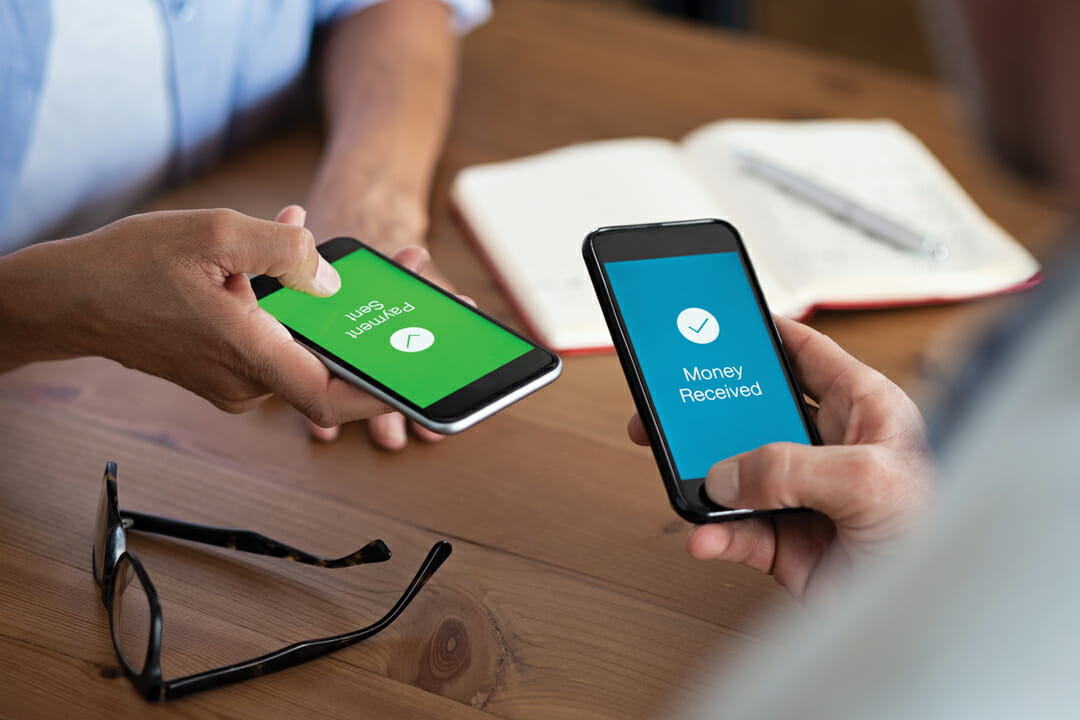Be cautious to protect your digital money
Payment apps offer great convenience, allowing you to handle a variety of transactions quickly and easily. Whether you’re splitting a bill or paying rent, apps like Venmo, PayPal, and Google Pay have made managing money simpler. These apps are widely used today, with many businesses accepting payments directly through them. However, with this convenience comes the need to be vigilant about safeguarding your information. It’s crucial to protect your cybersecurity and financial assets when using payment apps.
When setting up accounts on platforms like Venmo or PayPal, ensure that you create a strong and secure password. Opt for a password that is long, complex, and includes a mix of letters, numbers, and symbols to enhance its strength. Additionally, enable two-factor authentication (TFA) to add an extra layer of security. TFA requires anyone attempting to access your account to verify their identity through your phone number or email address.
When receiving money through a payment app, you may have the option to keep it in the app’s digital wallet instead of transferring it to your bank account immediately. While this may offer some convenience in terms of quicker transactions, avoid keeping large sums of money in the app. Should your account be compromised, funds stored in the digital wallet could be at risk. It’s advisable to link credit cards for transactions rather than debit cards or checking accounts, as credit card cancellations are typically easier to manage in case of theft.
Stay alert for phishing scams, as they pose a common threat to users of payment apps. Phishing emails impersonating legitimate platforms like PayPal are prevalent, often urging recipients to click on fraudulent links under false pretenses. If you suspect any issues with your account, reach out directly to the app’s support team instead of clicking on suspicious links. Taking these precautions can help you avoid falling victim to fraudulent schemes.













































